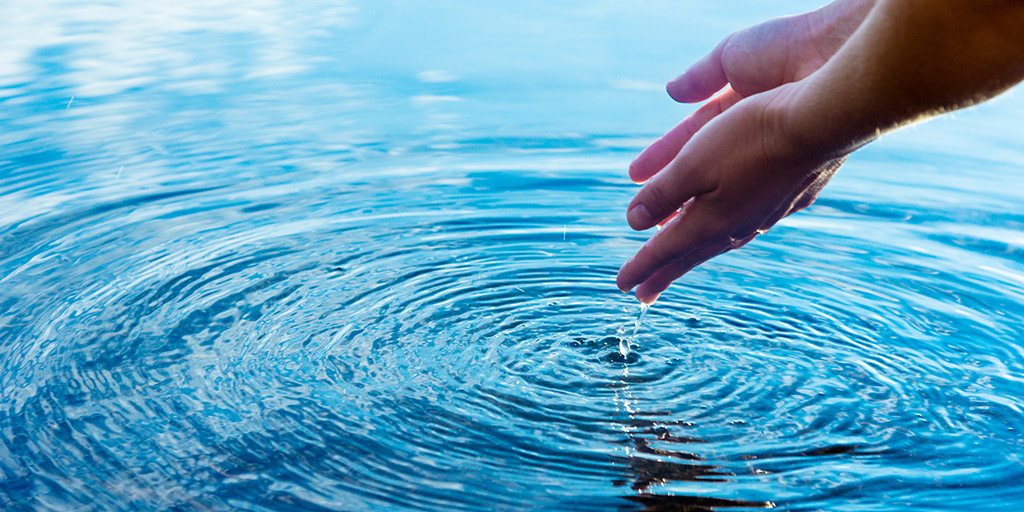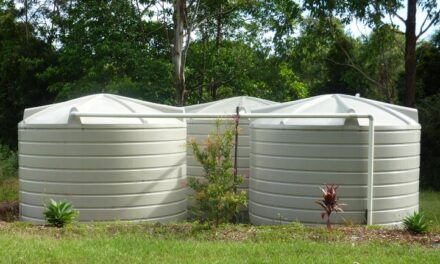Water is an essential element that sustains life, with the majority of our body made up of it. The World Health Organization reports that 2.2 billion people worldwide lack access to safe drinking water. Safe, clean, and accessible water is critical for your health, playing a crucial role in energy production, nutrient absorption, and prevention of diseases. This blog post will delve into understanding the importance of safe water for wellbeing and how you can ensure water safety in your daily life.
Necessity of Water in Human Body
Your body relies on water as a fundamental building block. Regulating body temperature, lubricating joints, delivering nutrients to cells, and facilitating waste removal are just a few of the critical functions performed by water in your body. Every cell, tissue, and organ needs water to maintain its optimum functioning. Therefore, ensuring that the water you intake is clean and safe is vital for your wellbeing.
The Impact of Unsafe Water
Lack of safe drinkable water has far-reaching impacts on health. When contaminated with pathogens or pollutants, it can cause various diseases like diarrhea, cholera, dysentery, typhoid, and polio. Also, long-term consumption of polluted water leads to serious health conditions such as kidney and liver damage. Hence, it is imperative to drink clean and safe water to avoid these health repercussions.
Importance of Hydration in Health
Hydration plays an integral role in maintaining your health. Staying well hydrated aids in cognitive function, supports digestion and helps maintain skin elasticity. Furthermore, consuming an adequate amount of water helps to prevent constipation, reduces fatigue and aids weight maintenance. Also remember that during physical activity or in hot weather, your body needs more water than usual to stay hydrated.
Choosing Safe Water Sources
Selection of your water source is crucial in ensuring that the water you intake is safe. Basically, treated municipal water, bottled water, and well water that is periodically tested & treated are considered safe sources. Drinking directly from lakes, rivers, or springs could be risky, as they can be contaminated with pathogens or pollutants.
Understanding Water Contamination
Water can get contaminated in several ways such as through natural processes like decay of organic matter and human activities like industrial waste disposal. Chemicals, heavy metals, microorganisms, and particulates are some of the common contaminants found in unsafe water sources. Keeping yourself informed about the possible contaminant sources helps, whether it be reducing your own contribution to pollution, or taking measures to avoid consuming contaminated water.
Methods to Ensure Water Safety
Several methods exist to ensure the safety of the water you consume. Water treatment facilities usually use filtration and disinfection processes to make water safe for drinking. If you rely on para-public or private sources like bore wells, regular testing and treatment need to be done. Home water purification systems can also prove useful in purifying contaminated water.
Bottled Water Versus Tap Water
The convenience of bottled water makes it a popular choice for many. However, the fact remains that not all bottled waters are created equal. Some products may provide additional treatment to meet stringent safety standards while some may not. Tap water on the other hand does come under government regulation and is required to meet specific safety guidelines.
Role of Government in Water Safety
Government plays a huge role in ensuring the safety of water. They regulate public water systems, enforce laws against illegal dumping of pollutants into water bodies, and invest in infrastructure to treat and deliver safe water. Staying informed about your local water systems, and participating in local decision-making processes can contribute towards better water safety measures.
The Environmental Impact on Water
Human activities that harm the environment also invariably affect water quality. Pollution, deforestation, urbanisation, reckless waste disposal, overuse of fertilisers and pesticides, all contribute to water contamination. An individual commitment to adopt greener practices can go a long way in preserving water quality for future generations.
Benefits of Safe Drinking Water
Safe drinking water facilitates overall development and wellbeing. It enhances physicality by reducing fatigue, boosting energy levels and promoting healthy skin. Mentally, it aids concentration and cognitive abilities. Long term intake of safe water aids in managing chronic diseases and boosts immunity.
The Cost of Unsafe Water
Every year vast amounts are spent on dealing with health issues arising from unsafe water. Apart from direct medical costs, it results in productivity loss due to absenteeism from work or school. Indirectly, when untreated sewage contaminates freshwater sources it results in substantial cost for remediation to make them safe again.
Safe Water as a Basic Human Right
In 2010, the United Nations recognised the right to clean and accessible water as a basic human right. Access to safe drinking water ultimately contributes towards social and economic development. Unfortunately, water scarcity combined with insufficient infrastructure poses a major challenge to achieving this basic human right globally.
Promoting Safe Water Practices
Promotion of safe practices like regular boiling or filtering of water before use, avoiding plastic bottled water when unneeded, not polluting natural bodies of water can significantly contribute towards overall water safety. Public awareness campaigns play a crucial role in educating people regarding these practices.
Conclusion
Safe water is pivotal for your overall health and wellbeing. It helps prevent diseases, aids bodily functions, and upholds your cognitive abilities. By understanding the importance of safe water and taking appropriate measures towards its consumption, you can significantly contribute towards personal and public health improvement.






